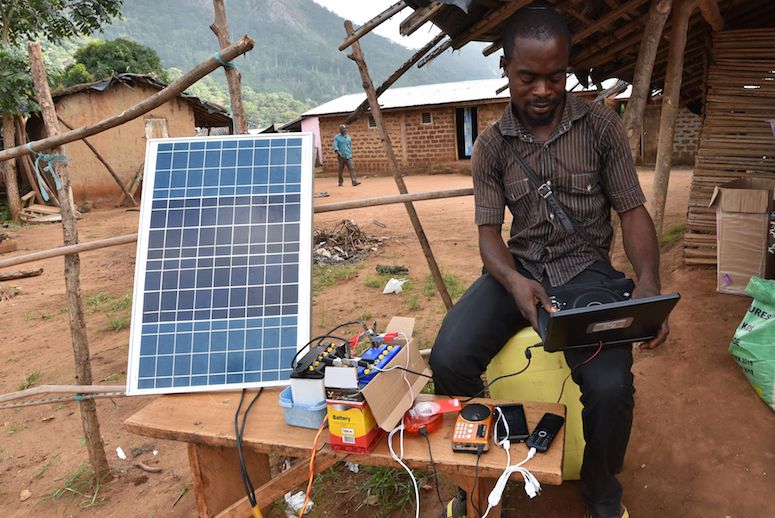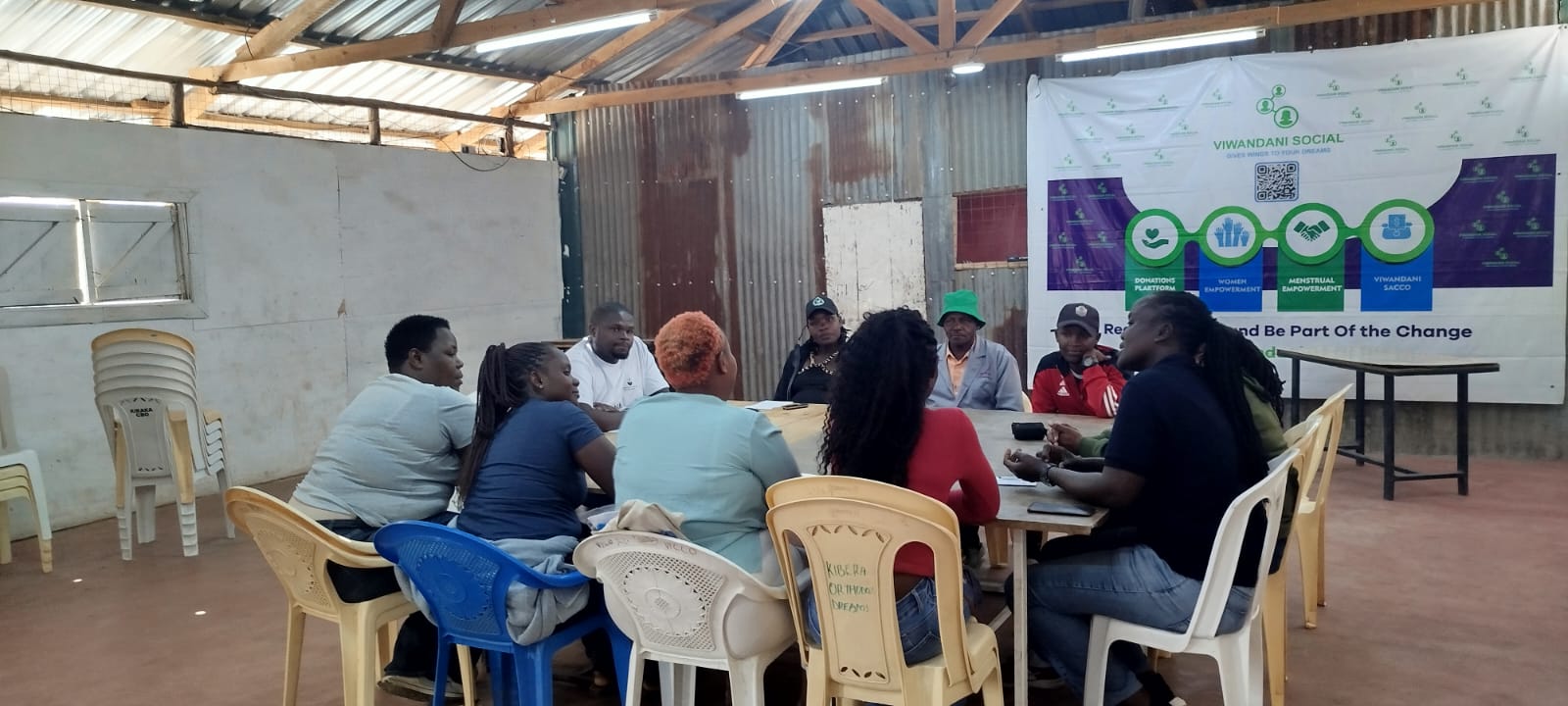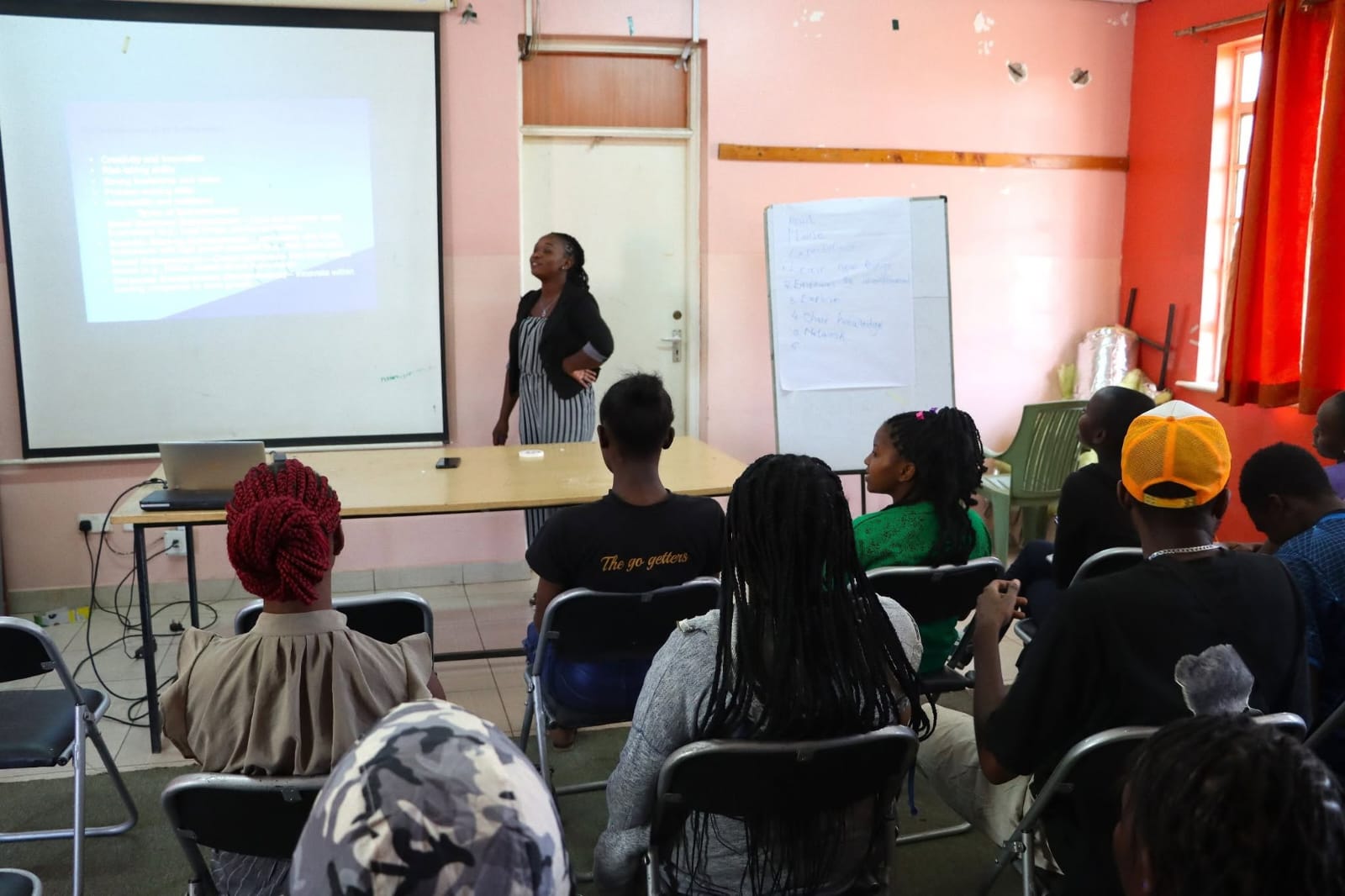FALSE: Photo does not show the drought situation in Embolioi, Kajiado County, in October 2022
Fifteen years after we got the new Constitution, the big dreams it promised are still far from reality.
It was meant to give us a government that listens to the people, respects our rights, and delivers services fairly. But many of those promises have been ignored or twisted.
Peaceful protests especially the Gen Z demonstrations were met with bullets, abductions, and even killings. Here in Mukuru, many young people who joined in the struggle for their rights live in fear instead of freedom.
This is against Article 37 of the Constitution, which clearly says we have the right to assemble, demonstrate, and petition our leaders without violence.
We also see the Executive refusing to obey court orders. This weakens the Judiciary, and when courts are ignored, ordinary people in Mukuru who depend on justice for land, housing, or police abuse cases are left helpless.
Independent commissions that should protect us like the Human Rights Commission or EACC have been denied funding or brought under government control. That means corruption and abuse of power go unchecked.
Devolution, one of the biggest wins of the 2010 Constitution, has been frustrated. Counties don’t receive their funds on time. That is why clinics in Mukuru often lack medicine, doctors go on strike, and children in public schools struggle with overcrowding and poor facilities.
Instead of using lawful processes, the government introduces quick populist directives. For example, compensation announcements are made, but people in informal settlements like Mukuru who lose their homes in demolitions rarely get real justice or proper resettlement.
The creation of a multi-agency anti-corruption taskforce is another example. It bypasses constitutional commissions and shows a lack of seriousness in fighting corruption. Meanwhile, money meant for basic services continues to disappear.
Corruption remains rampant, and Kenyans pay the price. In Mukuru, this means poor drainage, uncollected garbage, dangerous floods, and lack of job opportunities for the youth, even though billions are budgeted for development.
The Constitution under Article 43 promised us social and economic rights education, healthcare, food, decent housing, and clean water. But in Mukuru today, many families cannot afford three meals a day, clinics run without drugs, and schools are overstretched.
Unemployment keeps rising. Many young men and women in Mukuru sit idle despite their skills, some turning to crime or drugs out of frustration. This is not the future the Constitution promised.
Instead of dealing with these struggles, the regime introduced Katiba Day, making it look like a national celebration. But to many, it feels like a way of hiding their failures and ignoring the daily struggles of ordinary Kenyans.
For 14 years, communities, civil society, and activists have celebrated the Constitution’s anniversary without government support. Even here in Mukuru, groups have held forums, marches, and reflections on what the Constitution means in real life.
Katiba Day has always belonged to the people not to the politicians. It is our day to reflect, to demand accountability, and to remind leaders that the Constitution is not just words on paper but a promise to all Kenyans, including the families of Mukuru.
REPORT BY ROBERT LEDIRA







